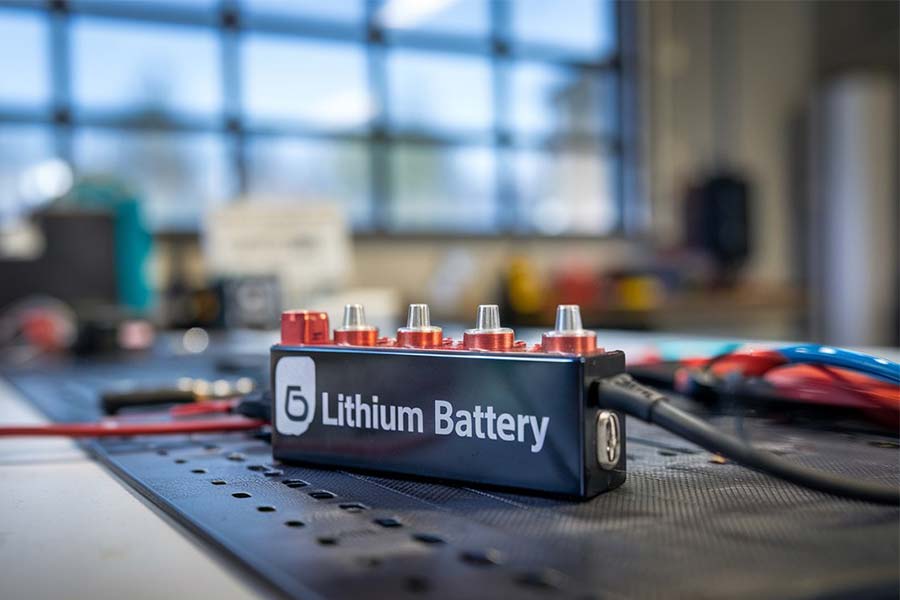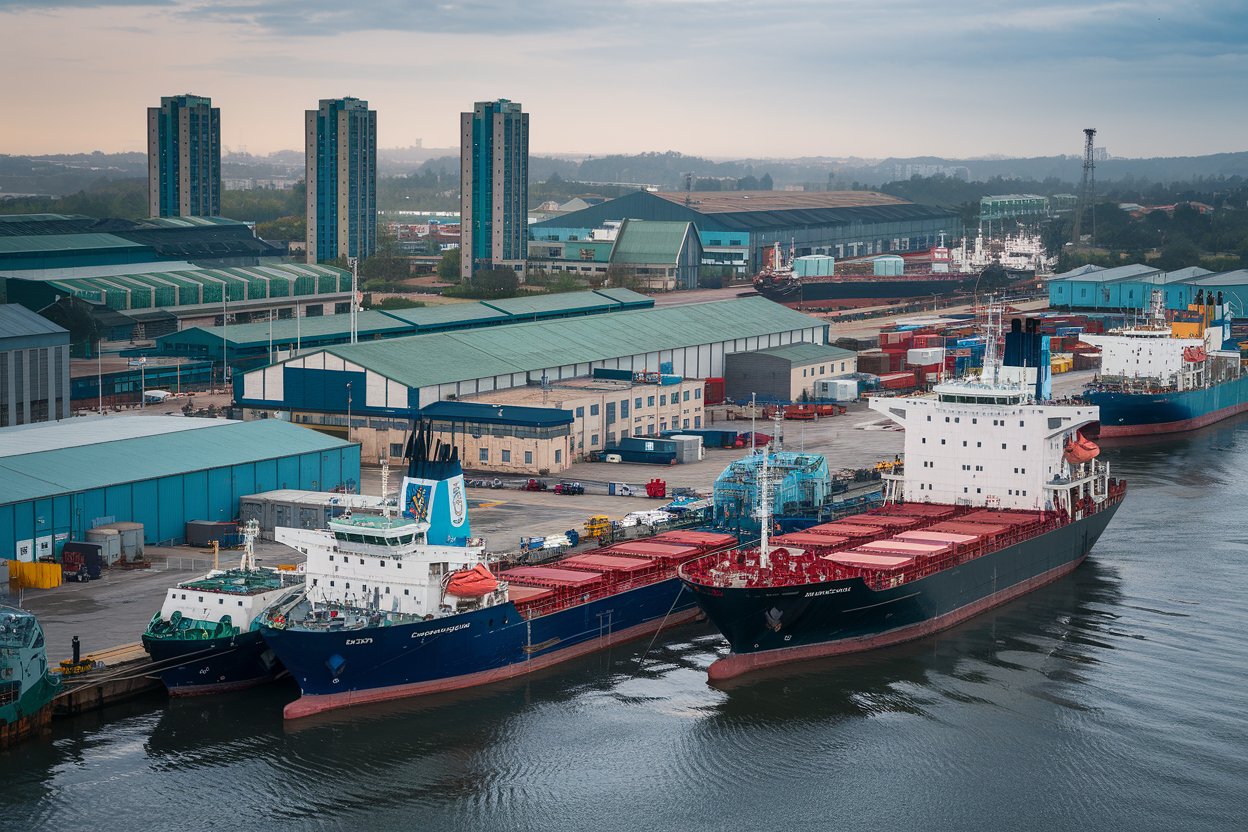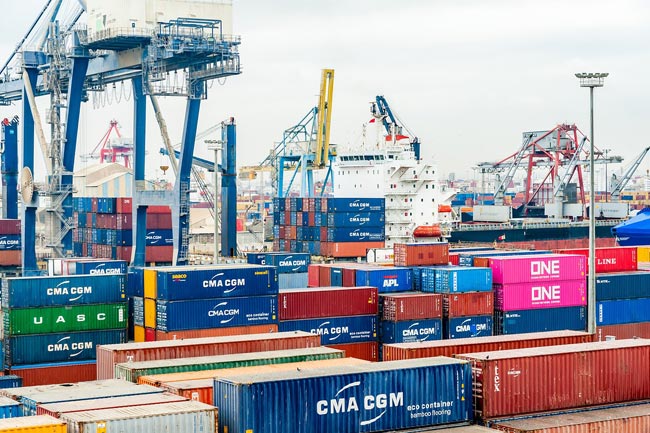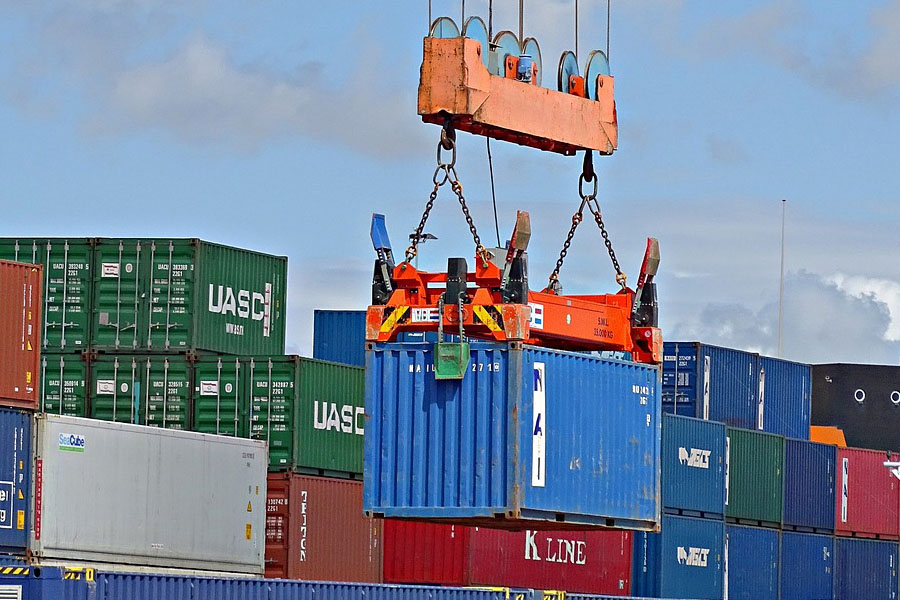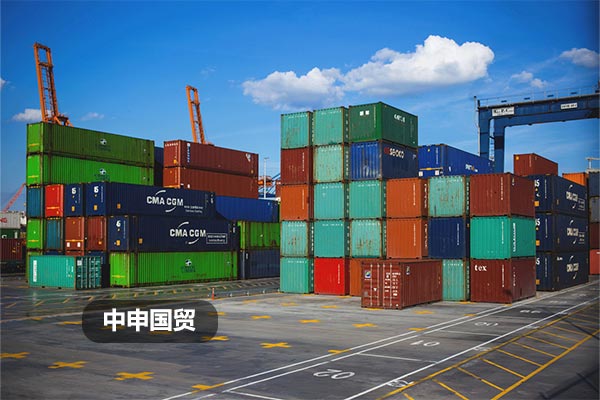- Shanghai Zhongshen International Trade Co., Ltd. - Two decades of trade agency expertise.
- Service Hotline: 139 1787 2118
The term energy transition (Energiewende) in the German context is not just a policy direction but a national strategy. In Germany, the largest economy in Europe,photovoltaicproducts have always been an important part of this strategy. And the latest news shows that the German government is considering setting up trade barriers againstsolarThe establishment of trade barriers for components and power generation equipment undoubtedly drops a bomb in the international energy and trade fields.
I. The Lurking of Trade Barriers
According to the data of the International Renewable Energy Agency (IRENA), in 2019, the export value of Chinas photovoltaic modules reached 30 billion US dollars, accounting for 32% of the global market share. Against this background, a large number of cheap products from Chinese manufacturers entered the European market, especially Germany, which is a double - edged sword - on the one hand, it reduces the construction cost of solar projects, on the other hand, it also brings huge competitive pressure to local manufacturers.
Chinese manufacturers have provided the global market with massive photovoltaic products through cost compression and mass production, said Dr. Claudia Kemfert, an energy economics professor at Freie Universit?t Berlin. This has to some extent promoted the global adoption of solar power but also put enormous pressure on European domestic manufacturers.,
II. Chinas Photovoltaic Market Strategy
The market strategies of Chinese photovoltaic manufacturers usually center around high efficiency and low cost. Solar modules from China, due to their advantages in price and efficiency, hold an important share in the global market. According to a report by the International Solar Energy Association (ISA), China accounts for nearly 70% of the total global solar installed capacity.
III. Seeking Change: The Appeal of the European Solar Energy Association
Aristotelis Chantavas, President of SolarPower Europe, clearly stated at a conference: We must find a balance between protecting domestic industries and keeping the market open. We need a diversified, sustainable supply chain, not a closed market.,
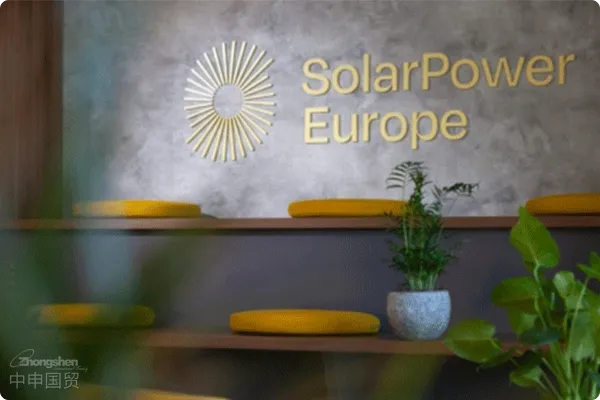
IV. Future Direction: The Crossroads of Protectionism and Globalization
At the crossroads of globalization and protectionism, Germanys choices will determine its position in the global photovoltaic industry chain. Between protectionism and globalization, every country makes trade-offs based on its national conditions and industrial development, said energy analyst Dr. Johannes Teyssen. For Germany, while promoting green energy transition, it must also consider protecting domestic industry development and employment.,
As an important engine of the European economy, the strategies Germany adopts when dealing with the competitive relationship with Chinese photovoltaic manufacturers will affect the development of the photovoltaic industry in the whole of Europe and even globally. Against the backdrop of globalization and protectionism, this topic undoubtedly deserves the continuous attention of all those who are concerned about renewable energy and international trade.
Related Recommendations
? 2025. All Rights Reserved. Shanghai ICP No. 2023007705-2  PSB Record: Shanghai No.31011502009912
PSB Record: Shanghai No.31011502009912
